Chinese Minister of National Defense Admiral Dong Jun told United States Defense Secretary Lloyd Austin on Friday in Singapore that the two militaries must adhere to the bottom line of no conflict and no confrontation, emphasizing that the current momentum of stabilization of military relations is hard-won.
Their meeting, which was conducted on the sidelines of the elite security forum — the Shangri-La Dialogue — marked the first face-to-face talks between the defense ministers of China and the U.S. since 2022.
China's Ministry of National Defense spokesman Senior Colonel Wu Qian said the two defense chiefs engaged in "positive, pragmatic and constructive strategic communication", which touched on a wide range of topics, including Taiwan, the South China Sea, the Ukraine crisis and the Palestine-Israel issue.
According to a news release from the ministry, Dong said that the healthy development of Sino-U.S. military relations is in the common interests of both parties and is a general expectation of the international community.
He said the purpose of military communication is to enhance understanding, eliminate misunderstandings and build mutual trust.
Dong expressed hope that the U.S. would match its words with actions and work with China to genuinely implement the consensus reached by the two heads of state.
He stressed the importance of prioritizing peace, stability and trust, enhancing communication, taking responsibility, advancing exchanges, and exploring a proper way for the two militaries to coexist that aligns with both parties' interests and global expectations.
Dong reiterated China's stance on Taiwan and the South China Sea, stressing that the Taiwan question is purely China's internal affair, and external forces have no right to interfere.
China firmly opposes the U.S. severely violating its commitments and sending wrong signals to "Taiwan independence" forces, said the minister, urging the U.S. to correct its mistakes and not support "Taiwan independence" by force in any form.
Regarding the Ren'ai Reef in the South China Sea, Dong said that China's attitude and bottom line are clear. He noted that while China insists on resolving differences through equal consultation, it will not ignore actions that escalate provocations.
After the defense chiefs' meeting, Wu briefed the media on further details of the talks, adding that Dong and Austin also exchanged views on the Ukraine crisis and the Palestine-Israel issue.
Dong emphasized that China always maintains an objective and fair stance to promote a political resolution and does not supply weapons to either side of the Russia-Ukraine conflict, enforcing strict controls on exports of dual-use items lawfully.
Regarding the Palestine-Israel issue, Dong pointed out that China, along with the vast majority of countries, has been actively promoting a cease-fire and peace. He expressed hope that the U.S. would act responsibly as a major power and abandon double standards to contribute positively to regional peace.
The spokesman said the 75-minute meeting was aimed at implementing the important consensus between the head of states of the two nations.
"Overall, the talks help both sides increase understanding and avoid misjudgments, yielding good results. Moving forward, the two sides will maintain communication and exchanges through military and diplomatic channels." Wu said, adding that the meeting also included next steps for military exchanges, such as those among military academies.
Wu emphasized that high-level communication and exchanges between the Chinese and U.S. militaries are crucial, but also added: "We cannot expect that all questions between the two militaries can be resolved through a single meeting. From the Chinese perspective, we believe it is better to meet than not to meet, and better to talk than not to talk. More communication and interaction are completely necessary and conducive to the further development of military relations."
Gu Juan, an associate research fellow at the People's Liberation Army Academy of Military Sciences, said that the meeting was crucial for eliminating misunderstandings between the two nations.
"Eliminating misunderstandings involves understanding each other's bottom lines," she said.
"The U.S. must understand China's bottom line in military relations, which is that China's sovereignty, dignity and core interests are inviolable. The U.S. should genuinely respect China's interests and major concerns in practical actions," said Gu.








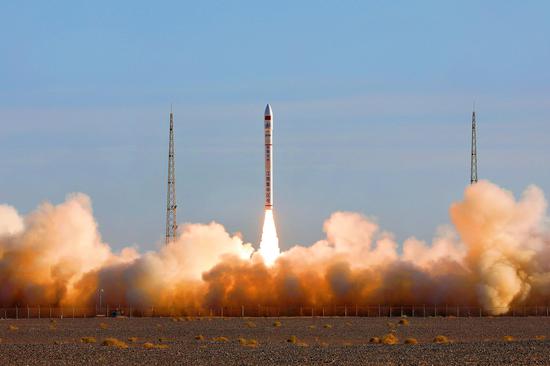
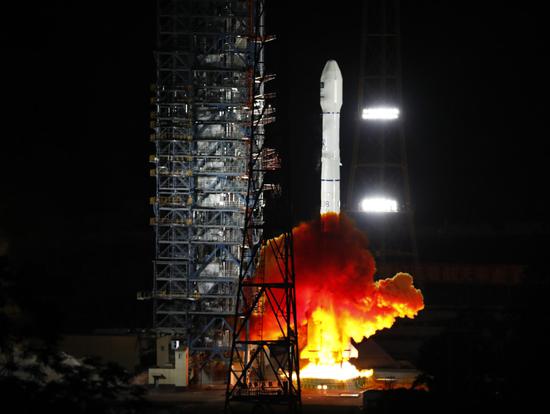
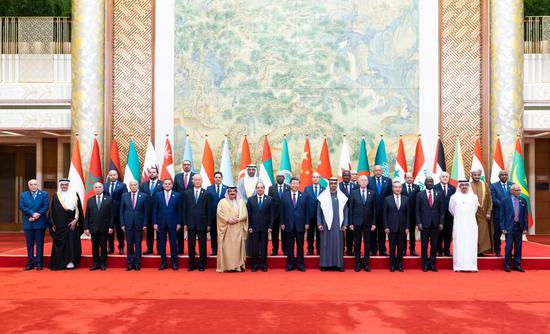




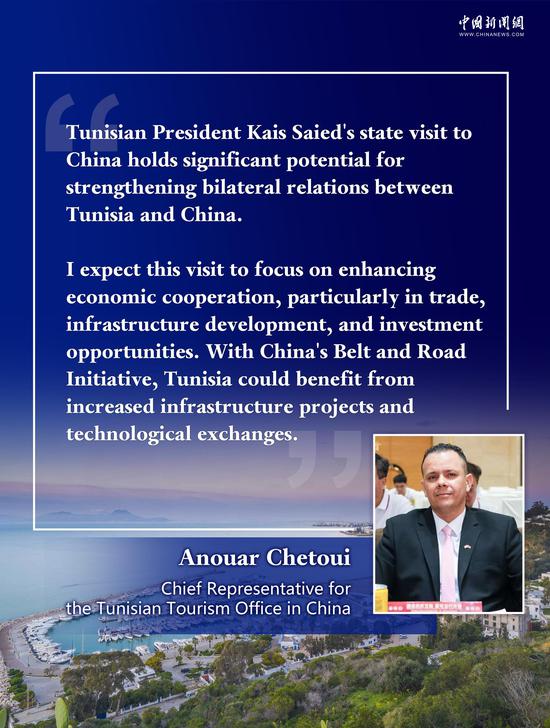
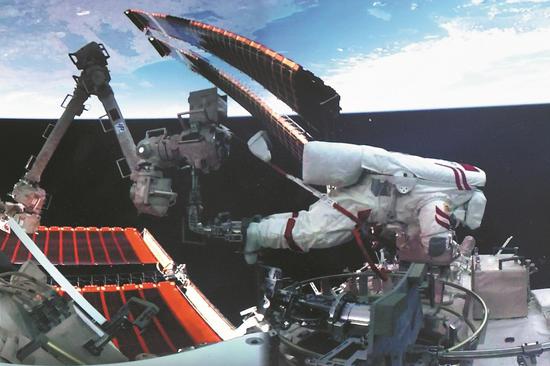
















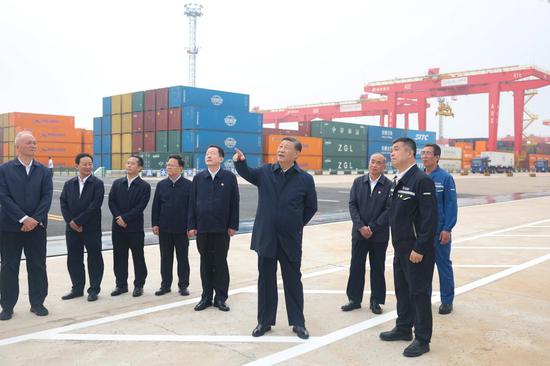



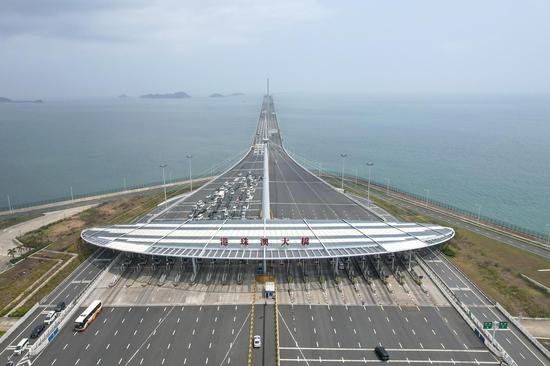

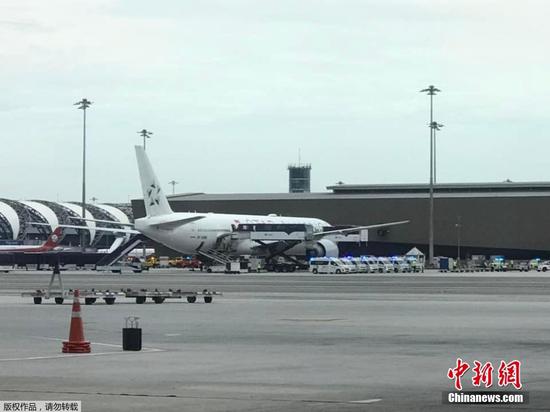

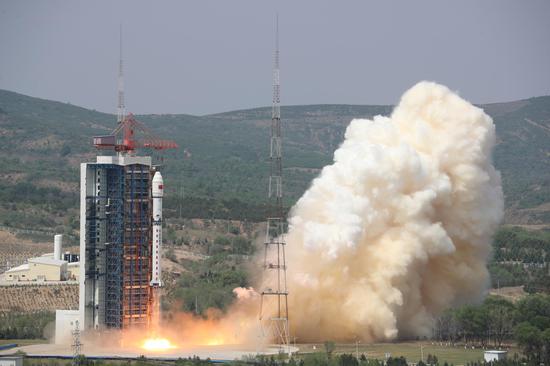
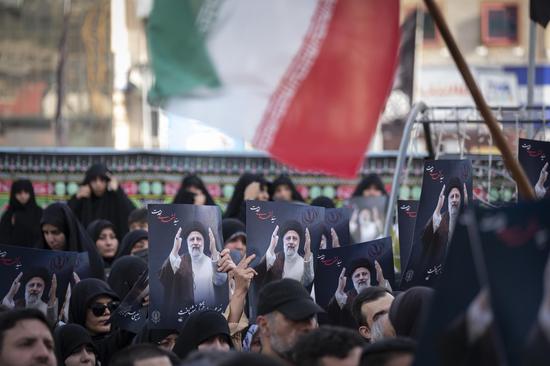







 京公网安备 11010202009201号
京公网安备 11010202009201号